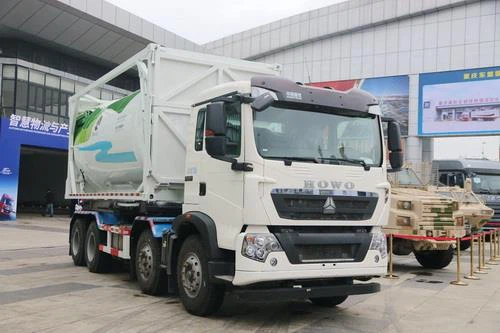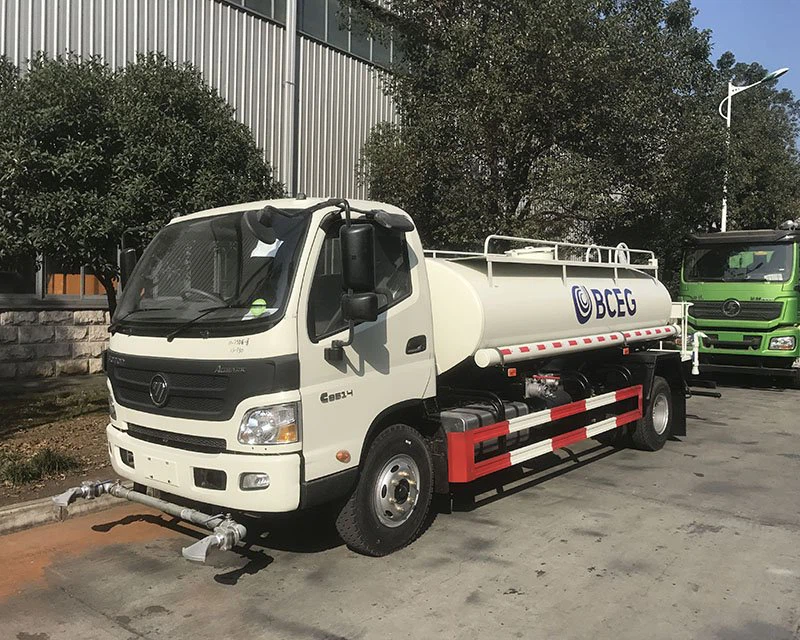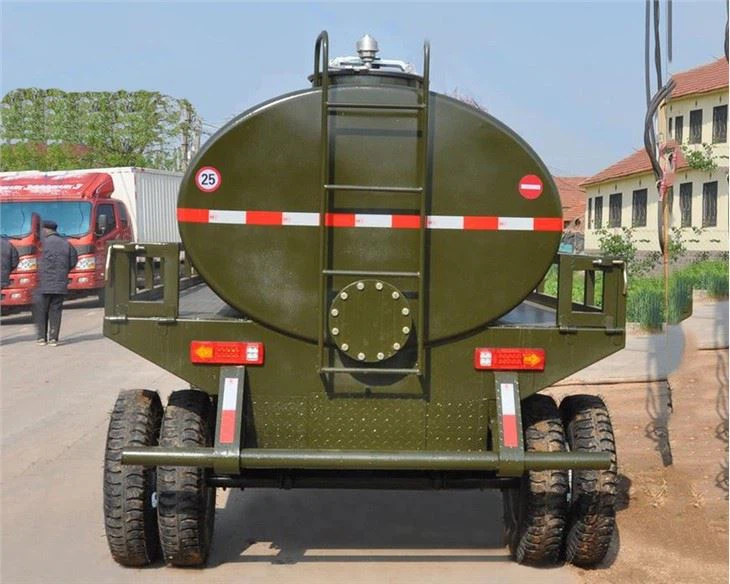Understanding Trash Container Trucks: A Comprehensive Guide

Introduction
Trash container trucks play an essential role in waste management, ensuring the efficient collection and transportation of garbage from households and businesses to landfills or recycling facilities. These heavy-duty vehicles are designed for durability, agility, and effectiveness in navigating various urban environments. This article will delve into the many facets of trash container trucks, including their types, operational mechanisms, and best practices for choosing and maintaining them.
Types of Trash Container Trucks
1. Rear Loader Trucks
Rear loader trucks are perhaps the most recognizable type of trash container truck. They feature a compaction mechanism at the back, allowing workers to load waste materials from behind. These trucks are ideal for residential garbage collection.
2. Front Loader Trucks
Front loader trucks are commonly used for commercial waste collection. They have hydraulic arms that lift large dumpsters situated in front of the truck. This design allows for swift loading and minimizes the physical labor required.
3. Side Loader Trucks
Side loader trucks can collect waste from either side of the vehicle, making them highly versatile. They can operate without needing workers to leave the truck, enhancing safety and efficiency. These trucks are particularly effective in narrow streets and crowded urban areas.
How Trash Container Trucks Work
1. Loading Mechanism
The loading mechanism varies by truck type but generally involves specialized arms or conveyors. In rear loaders, workers manually load the waste, while front and side loaders use hydraulics to lift containers into the truck.
2. Compaction System
Most trash container trucks have a compaction system that compresses the waste, maximizing space within the truck. This process allows for more efficient transportation and fewer trips to the landfill.
3. Transportation
After the waste is loaded and compacted, the truck drives to the designated dumping site. The route efficiency is crucial to reducing fuel consumption and optimizing collection schedules.
Best Practices for Operating Trash Container Trucks
1. Regular Maintenance
Conduct regular inspections of your trash container trucks to ensure optimal performance. This includes checking hydraulic systems, brakes, and tires. An effective maintenance schedule can extend the vehicle’s life and reduce operational costs.
2. Training and Safety Protocols
Ensure that all drivers and loaders undergo thorough training in operating the trucks and adhering to safety protocols. Implementing safety measures can help prevent accidents and injuries.
Choosing the Right Trash Container Truck
1. Assess Your Needs
When selecting a trash container truck, consider your waste collection requirements. A residential area may require rear loaders, while commercial settings may benefit from front loaders.
2. Evaluate Size and Capacity

Different trucks have varying sizes and waste capacities. Choose a truck that can handle your volume of waste without requiring excessive trips to the disposal facility.
3. Budget Considerations
Budget is always a factor. Consider the initial purchase price, maintenance costs, and fuel efficiency when making your decision. Investing in energy-efficient trucks can help save costs in the long run.
Technological Advances in Trash Container Trucks
1. GPS and Route Optimization
Many modern trash container trucks are equipped with GPS technology for route optimization. This helps reduce travel time and fuel costs while improving efficiency.
2. Automated Systems
Automation is becoming increasingly common in waste management. Robots and automated systems can assist in loading and transporting waste, reducing human labor while increasing safety.
3. Hybrid and Electric Trucks
With growing environmental concerns, the industry is moving toward hybrid and fully electric trash container trucks. These vehicles not only reduce emissions but also lower fuel costs.
Practical Examples and Tips
1. Real-World Application: Denver’s Waste Management
Denver has implemented a comprehensive waste management program that utilizes side loader trucks, allowing the city to navigate tightly packed neighborhoods effectively. Their success in reducing waste has encouraged other cities to adopt similar approaches.
2. Cost-saving Tip: Maintenance Scheduling
To enhance efficiency, create a software scheduling system that tracks truck maintenance. Regular maintenance prevents breakdowns that can lead to costly repairs and service disruptions.
3. Green Initiative: Recycling in Waste Collection
Incorporate recycling bins in your waste collection system. Many companies have successfully added separate compartments to their trucks, streamlining the process and promoting environmental sustainability.

Environmental Impact of Trash Container Trucks
1. Emission Concerns

Traditional waste collection trucks contribute to carbon emissions, leading to environmental concerns. Transitioning to cleaner technologies helps mitigate this impact.
2. Role in Recycling
Trash container trucks are pivotal in ensuring that recyclable materials are collected effectively. Implementing separate compartments for recyclables increases recovery rates and reduces landfill waste.
Future Trends in Waste Management
1. Smart Waste Management
With advancements in technology, the future of waste management is leaning toward smart solutions that will optimize collection schedules based on real-time data.
2. Community Involvement
Engaging communities in waste management initiatives is becoming increasingly vital. Public education on waste sorting and recycling practices can enhance participation rates and promote a more sustainable environment.
FAQ Section
1. What is a trash container truck?
A trash container truck is a specialized vehicle designed to collect, compact, and transport waste materials from designated areas to disposal sites.
2. How much waste can a trash container truck hold?
The capacity of a trash container truck varies based on its type and model, but they typically hold between 12 to 20 cubic yards of waste.
3. What types of waste can be collected by trash container trucks?
Trash container trucks can collect general waste, recyclables, and sometimes specific types of hazardous waste, depending on the regulations and equipment available.
4. How often do trash container trucks operate?
The frequency of operation depends on the area serviced and waste generation rates but typically ranges from daily to weekly collections.
5. How do I choose the right trash container truck for my needs?
Assess your waste collection needs, consider the type and volume of waste generated, your budget, and potential technological features that can enhance efficiency.
6. What are the environmental impacts of trash container trucks?
While trash container trucks help manage waste, they contribute to carbon emissions. However, advancements in technology, such as electric trucks, aim to reduce this negative impact.
